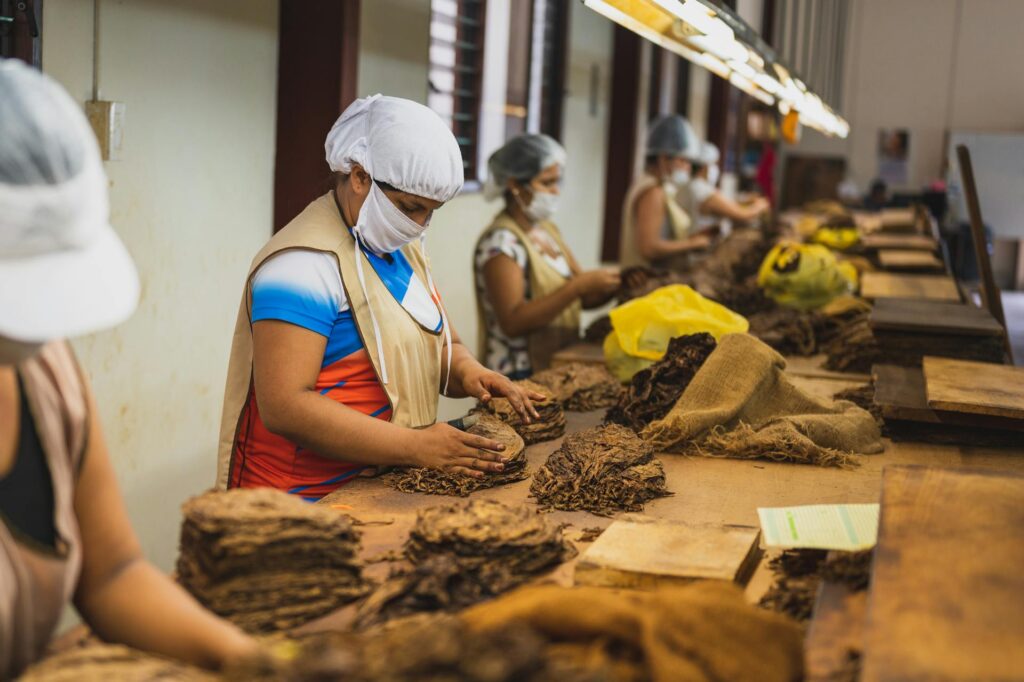May 05 2022
In July 2016, the Joint Cargo Inspection Program promoted by the National Customs Agency of Mexico, which is the decentralized administrative agency of the Ministry of Finance and Public Credit in charge of customs in the country, came into force.
This program had barely been promoted and used. The federal government is taking it back and generates great satisfaction and positive encouragement in the various industrial sectors, since regardless of the cost it represents, in logistical and operational terms, the fact of having greater fluidity in the border crossing and thus having the goods available for sale and/or production line generates much value in the supply chains.
The joint clearance is the beginning of the future of customs, avoiding this double inspection will help fluidity in the border crossing.
It is expected that the review time will take between 15 to 60 minutes achieving that when the merchandise arrives at the platform its crossing process will be faster and using non-intrusive technologies that sometimes could generate problems to the goods.
It should be noted that this program is not available to all importers registered in the importers’ registry; it is required to follow a protocol for incorporation and certain requirements depending on the type of merchandise and transportation that will be subject to customs clearance.






